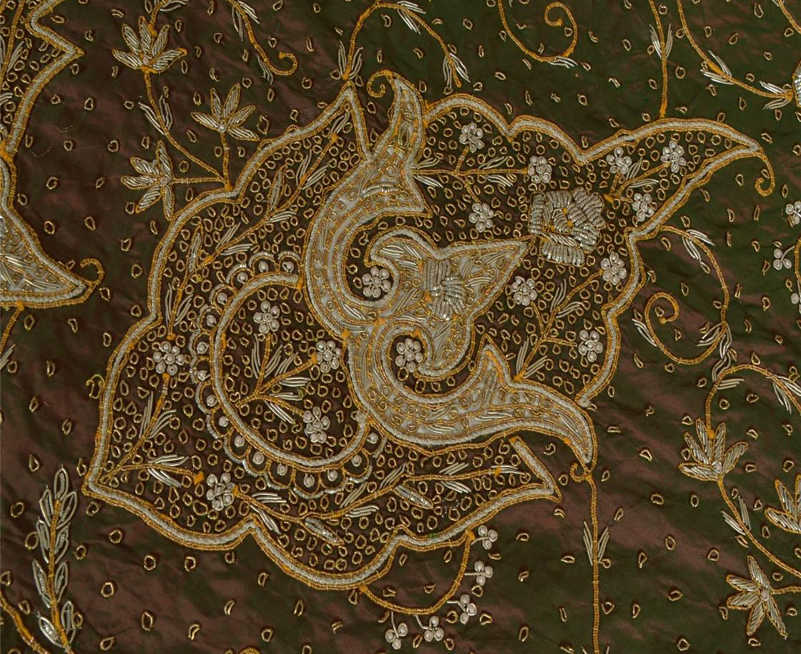===
0921,
1
===

=== |
 |
FWP:
SETS
MOTIFS == SWORD
NAMES
TERMS == IDIOM; REFRAINNote for translation fans: How to do ho so ho ? Literally, maybe something like 'what would be, thus it would be'? But think of 'que sera, sera' or even 'it is what it is'. By using 'what will be, will be' I'm choosing the simplest form that sounds at all tolerable in English. It's like translating kyā kahūñ not literally as 'What might/would I say?' but as the instantly punchy and recognizable 'What can I say?'. It means capturing the usage, the colloquial effect, rather than the exact words. When is it better to make such a choice? Not too often, in my view; but of course, this is one of the endless series of such judgments that a translator has to make, and 'circumstances alter cases'.